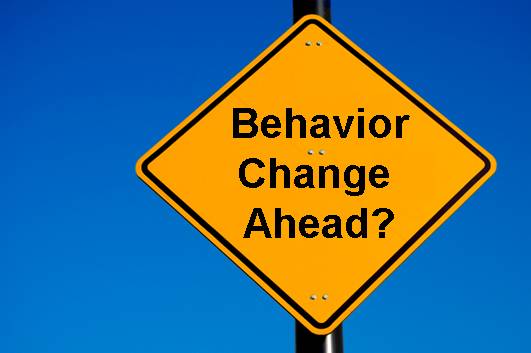
Nearly 60 per cent of Canadians have changed their behaviour by doing things such as cutting back on spending on both extras and essentials to brace themselves for rising interest rates, a new survey from Manulife Bank suggests.
As a collection agency operating in Edmonton, Calgary and the GTA we recognize that the vast majority of consumers we inevitably end up dealing with are good people, with good intentions that have now simply arrived at the tipping point of having to either try to continue to rob Peter to pay Paul or, in the alternative, to make some hard choices in monthly budgeting in order to honour their outstanding financial obligations.
Among those who have taken steps to prepare for higher rates, 27 per cent pared back on entertainment such as movies and bars, 17 per cent put more money into savings accounts, and 10 per cent spent less on essential items, such as groceries, the poll data showed.
The online survey of 2,003 Canadians was conducted between May 11 and 14, after the Bank of Canada had raised interest rates three times since last summer, but before the central bank’s latest hike in July to 1.5 per cent.
Two-thirds of respondents to the Manulife Bank survey said they are concerned about rising interest rates, and 23 per cent said they were spending more on interest payments than they did last year.
And while some respondents said they were watching their spending more closely, half of respondents in debt said they are stressed about the level of indebtedness and one in three are kept awake at night worrying over it, the survey showed.
What’s more, 40 per cent said the level of indebtedness has a negative impact on their mental health and 30 per cent said debt is causing issues in their personal relationships, the poll suggests.
Twenty per cent of respondents said their spouse or common-law partners do not know how much debt they are in, and 12 per cent of people with debt hid a large purchase from their significant others.
Is this point in time the true inflection point in behaviour of the highly indebted Canadian consumer or simply a momentary lapse into a fleeting phase of financial terror driven by recent interest rate increases that will soon be shaken off with the next big blow out sale at the mall or, rock bottom price events this fall by auto manufactures to blow out inventory sitting on their lots to make way for the upcoming model year? The next couple of quarters will be the true tell.